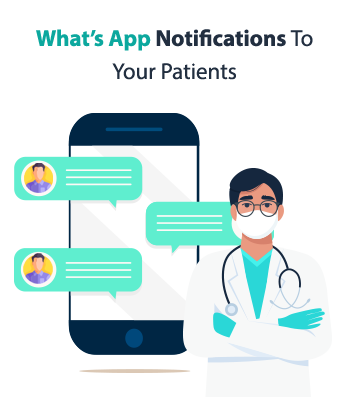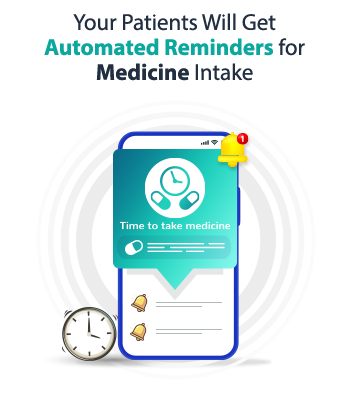Complete Vaccination Guide
Explore a detailed overview of 12 critical vaccinations recommended for different age groups. This guide provides insights into their purpose, administration timelines, possible side effects, and public health importance.
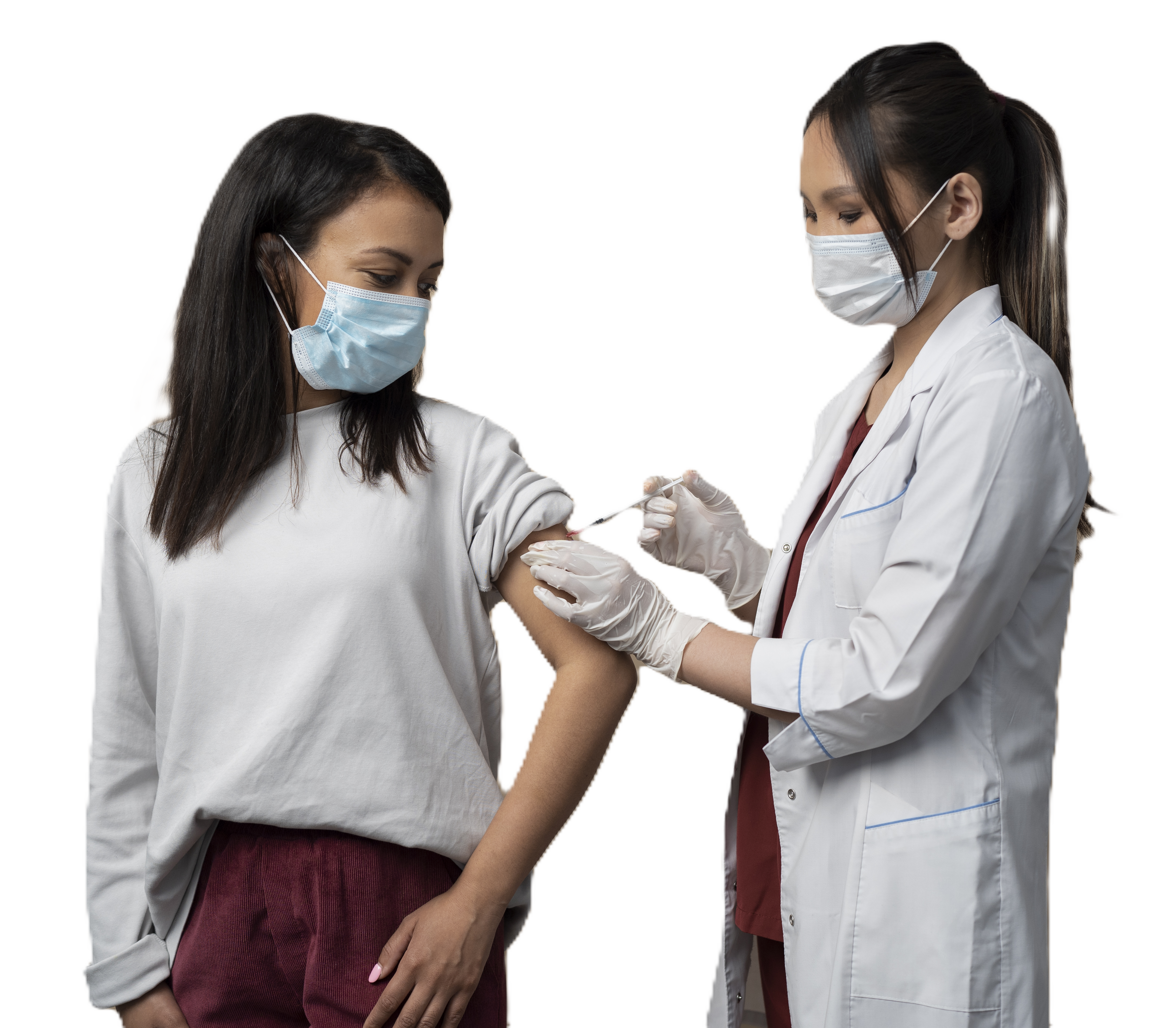
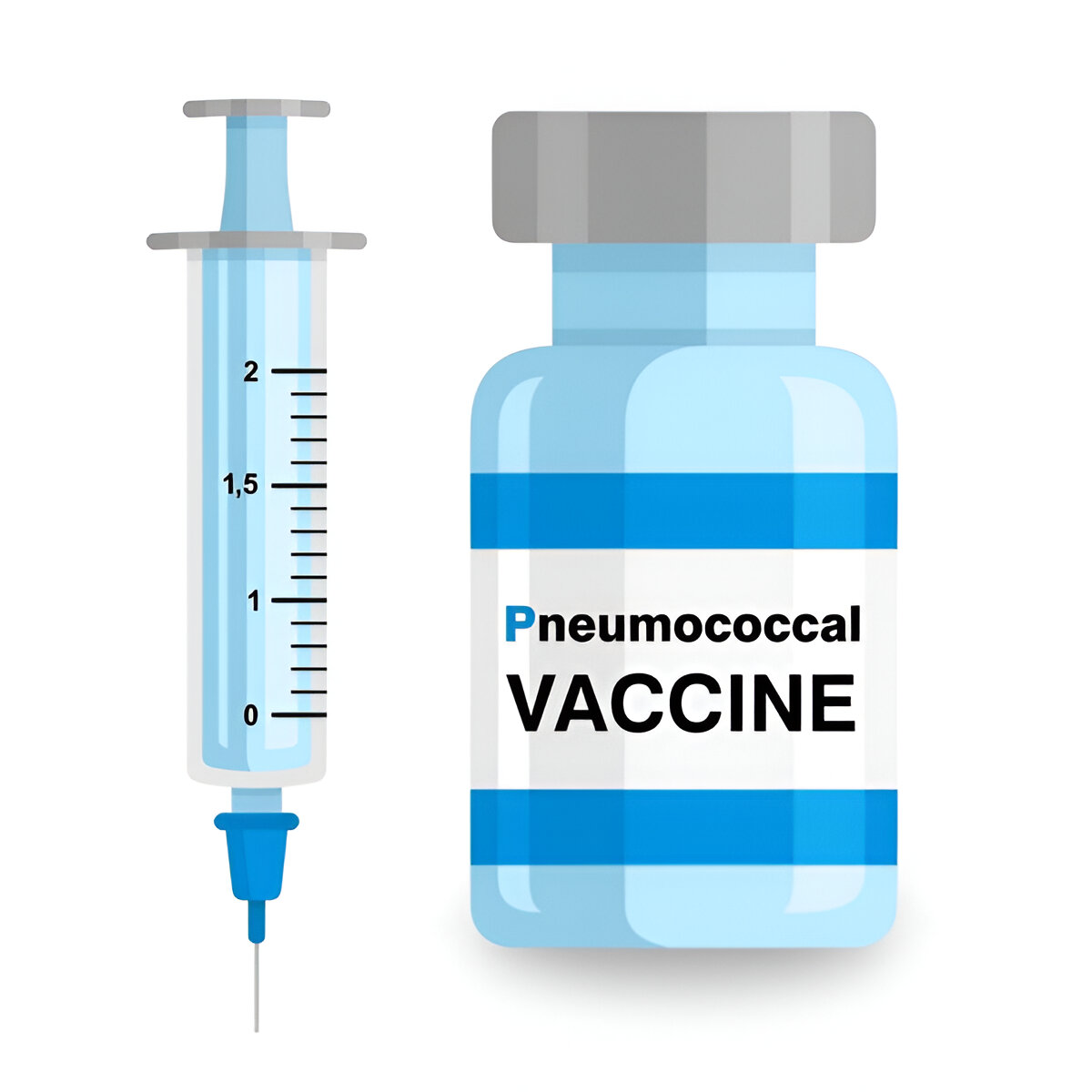
Pneumococcal Vaccine
The Pneumococcal vaccine is designed to protect individuals from infections caused by *Streptococcus pneumoniae* bacteria. These bacteria are capable of causing a range of severe and sometimes life-threatening illnesses. The most common are pneumonia (a serious lung infection)
Who Needs the Tdap Vaccine?
- Adults who haven't received a Tdap booster shot in the last 10 years.
- After an injury or dirty wound that could lead to tetanus exposure.
- Pregnant women (recommended during each pregnancy).
- Anyone in close contact with infants, especially parents, caregivers, and healthcare providers, to protect newborns from whooping cough.
Not sure about your vaccine history? Speak to a doctor to stay protected.

Human Papillomavirus Vaccine
The Human Papillomavirus (HPV) vaccine helps protect against infections caused by certain types of HPV, a common sexually transmitted virus. These infections can lead to serious health issues such as cervical cancer, anal cancer, throat cancer, and genital warts.
Who Needs the HPV Vaccine?
- Preteens aged 11 to 12 years (can start as early as 9 years old).
- Teens and young adults through age 26 who were not vaccinated earlier.
- Adults aged 27 through 45 who may decide to get the vaccine based on discussion with their doctor.
- People with certain medical conditions or exposures that increase risk of HPV-related diseases.
Not sure about your vaccine history? Speak to a doctor to stay protected.

Hepatitis A Vaccine
The Hepatitis A vaccine protects against the Hepatitis A virus, which causes liver inflammation. This virus spreads through contaminated food or water and close contact with infected individuals. The vaccine provides long-lasting protection and is essential for children, travelers, and high-risk adults.
Who Needs the Hepatitis A Vaccine?
- Children aged 12–23 months (routine vaccination).
- Travelers to countries where Hepatitis A is common.
- People with chronic liver disease or clotting-factor disorders.
- Men who have sex with men, and users of injection or non-injection drugs.
- People experiencing homelessness or working in high-risk settings.
Not sure about your vaccine history? Speak to a doctor to stay protected.
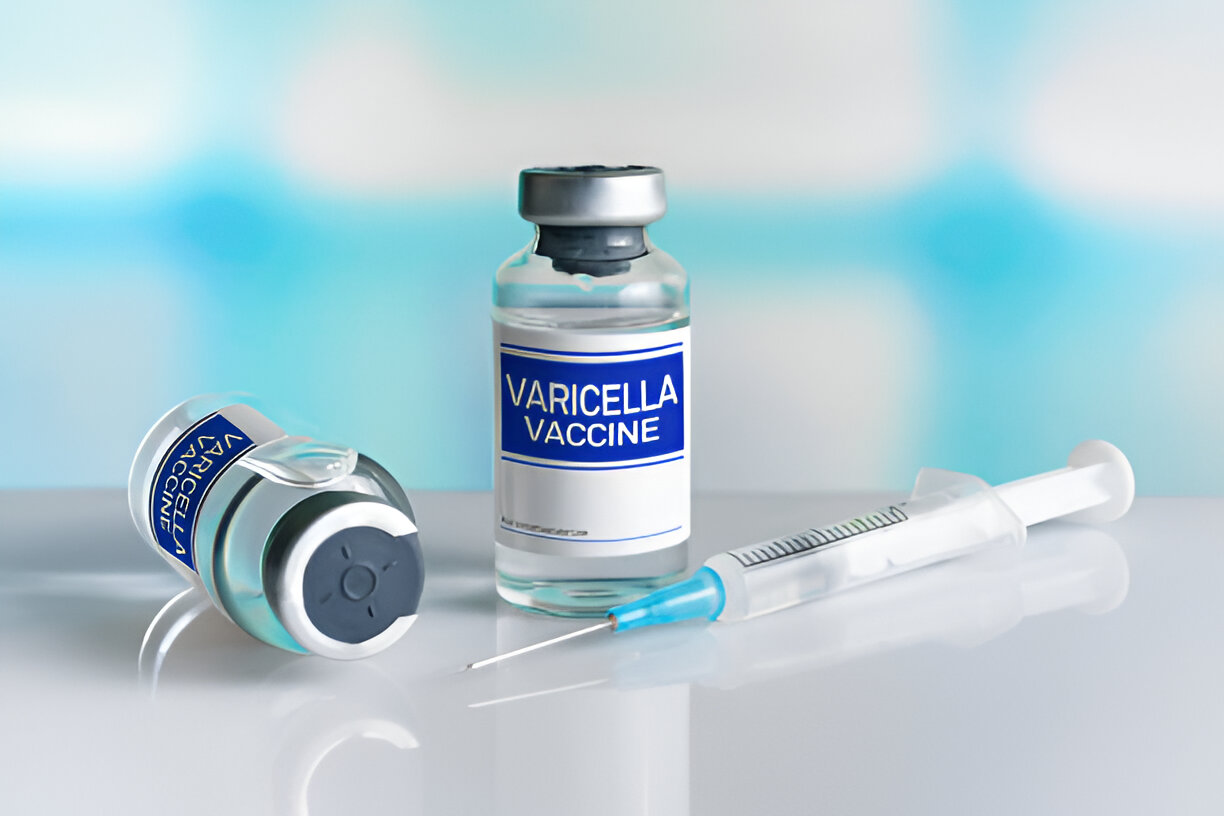
Chickenpox Vaccine
The Chickenpox (Varicella) vaccine protects against the highly contagious varicella-zoster virus, which causes an itchy skin rash, fever, and fatigue. The vaccine not only prevents the illness but also reduces the severity of symptoms and risk of complications like pneumonia or encephalitis.
Who Needs the Chickenpox Vaccine?
- Children: Two doses — the first at 12–15 months and the second at 4–6 years.
- Teens and adults who never had chickenpox or the vaccine.
- Healthcare workers, teachers, and caregivers.
- People traveling to countries where chickenpox is common.
- Women planning pregnancy (get vaccinated before becoming pregnant).
Not sure about your vaccine history? Speak to a doctor to stay protected.
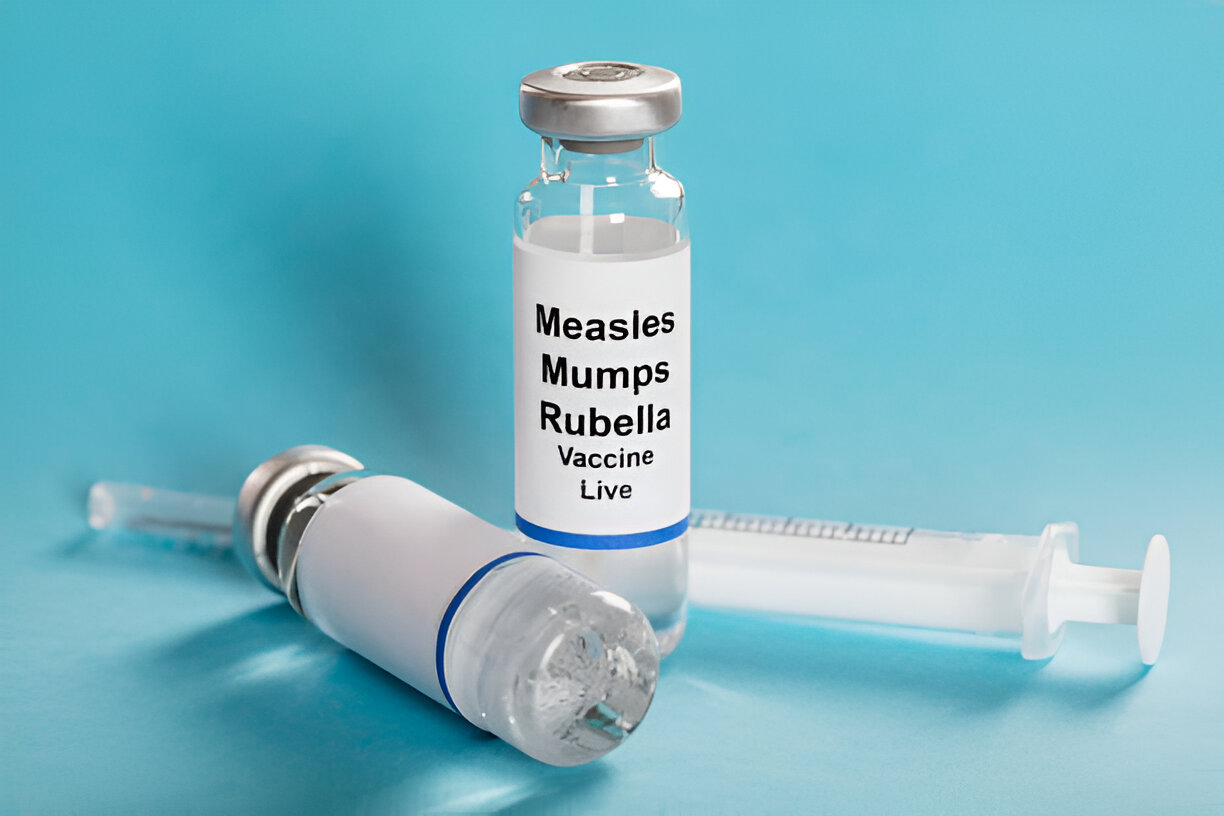
Mumps, Measles and Rubella Vaccine
The MMR vaccine protects against three highly contagious diseases — measles, mumps, and rubella. These illnesses can cause severe health complications such as brain swelling, deafness, and birth defects in unborn babies. The vaccine is safe, effective, and essential for lifelong immunity.
Who Needs the MMR Vaccine?
- Children: Two doses — the first at 12–15 months and the second at 4–6 years.
- Teens and adults who didn’t receive the vaccine as children.
- College students, healthcare workers, and international travelers.
- Women of childbearing age (before becoming pregnant).
- Anyone during an outbreak or increased risk situation.
Not sure about your vaccine history? Speak to a doctor to stay protected.
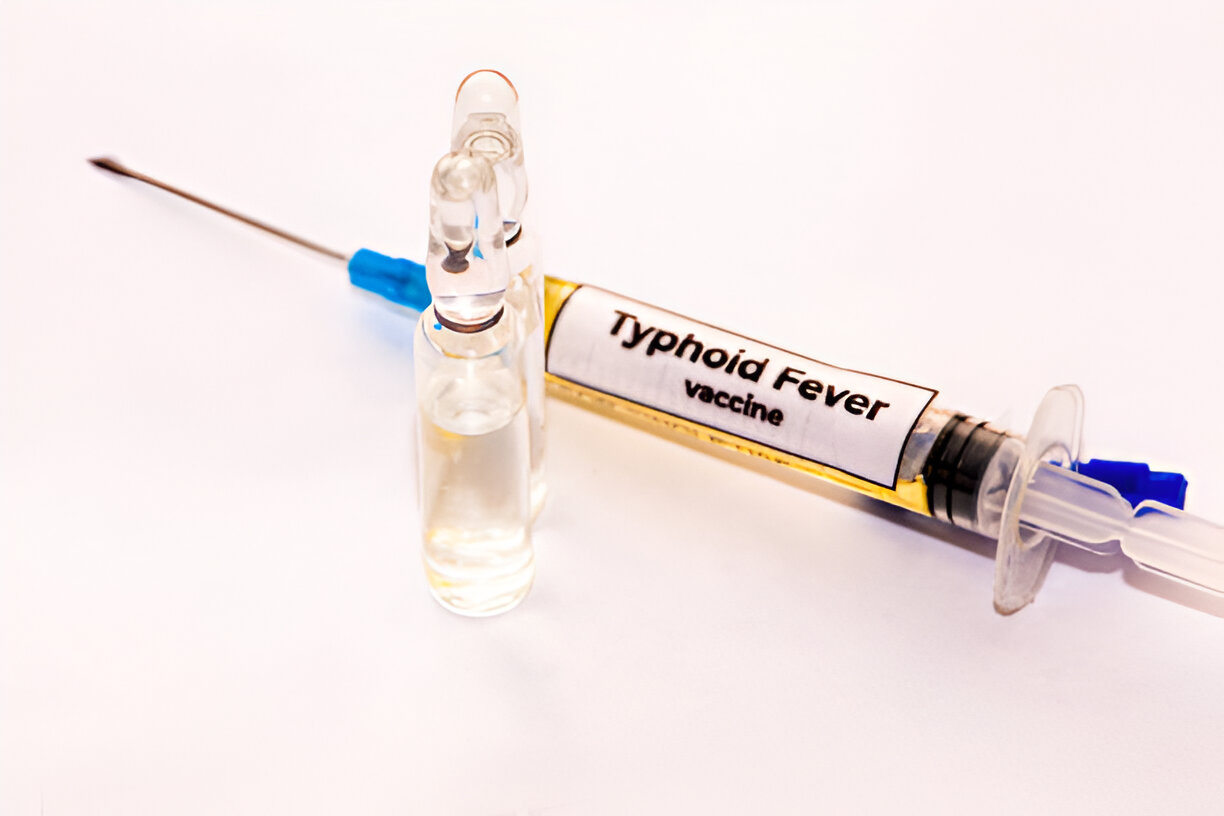
Typhoid Vaccine
The Typhoid vaccine protects against Salmonella Typhi, the bacteria that causes typhoid fever — a serious illness spread through contaminated food and water. Vaccination is key for travelers, people in high-risk areas, and those working in sanitation or healthcare.
Who Needs the Typhoid Vaccine?
- Travelers visiting countries with high typhoid risk, especially in South Asia and Africa.
- People living in areas with poor sanitation and clean water access.
- Laboratory workers handling Salmonella Typhi bacteria.
- Close contacts of typhoid carriers or patients.
- People with chronic gallbladder conditions or weakened immune systems (consult your doctor).
Not sure about your vaccine history? Speak to a doctor to stay protected.
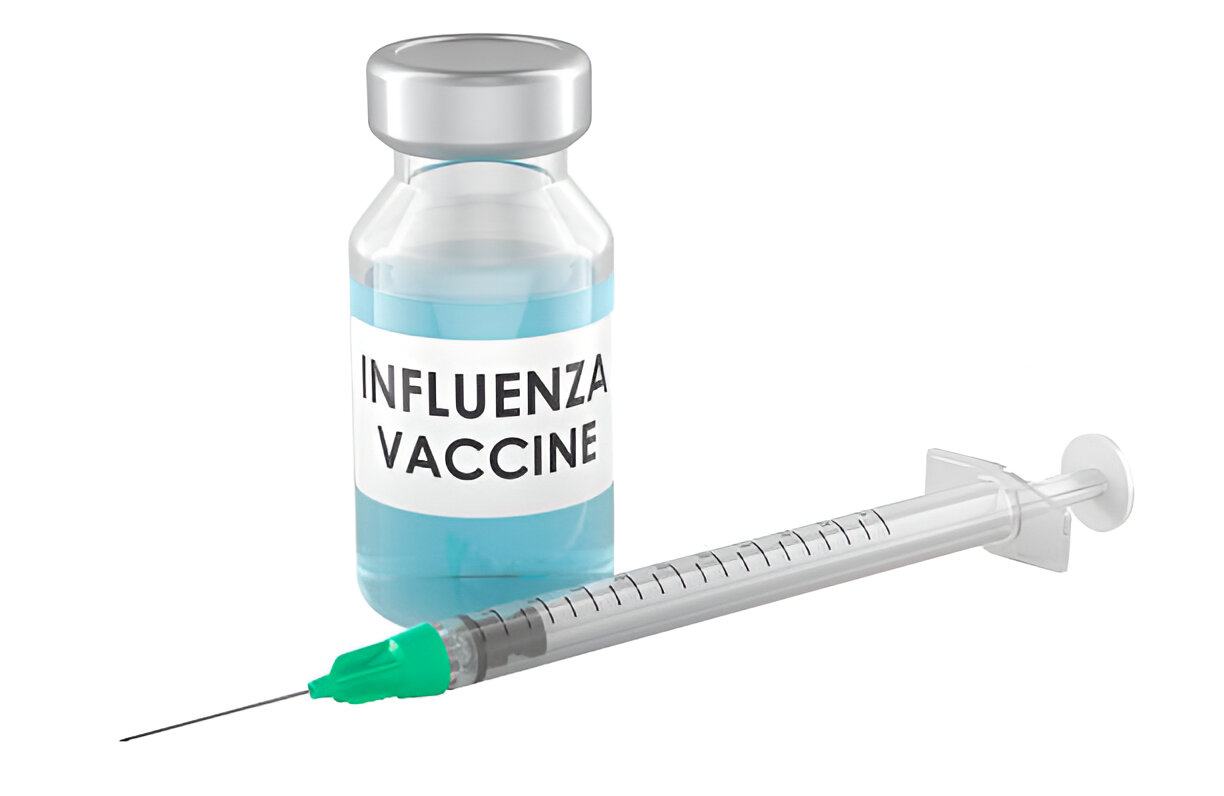
Influenza (Flu) Vaccine
The Influenza vaccine helps protect against seasonal flu viruses, which can lead to serious health complications like pneumonia, hospitalization, or even death — especially in vulnerable individuals. Annual vaccination is recommended to stay protected as flu strains change.
Who Needs the Influenza Vaccine?
- Everyone aged 6 months and older (recommended annually).
- Pregnant women, children under 5, and adults over 65.
- People with chronic health conditions like asthma or diabetes.
- Healthcare workers and caregivers.
- Residents of nursing homes or long-term care facilities.
Not sure about your vaccine history? Speak to a doctor to stay protected.
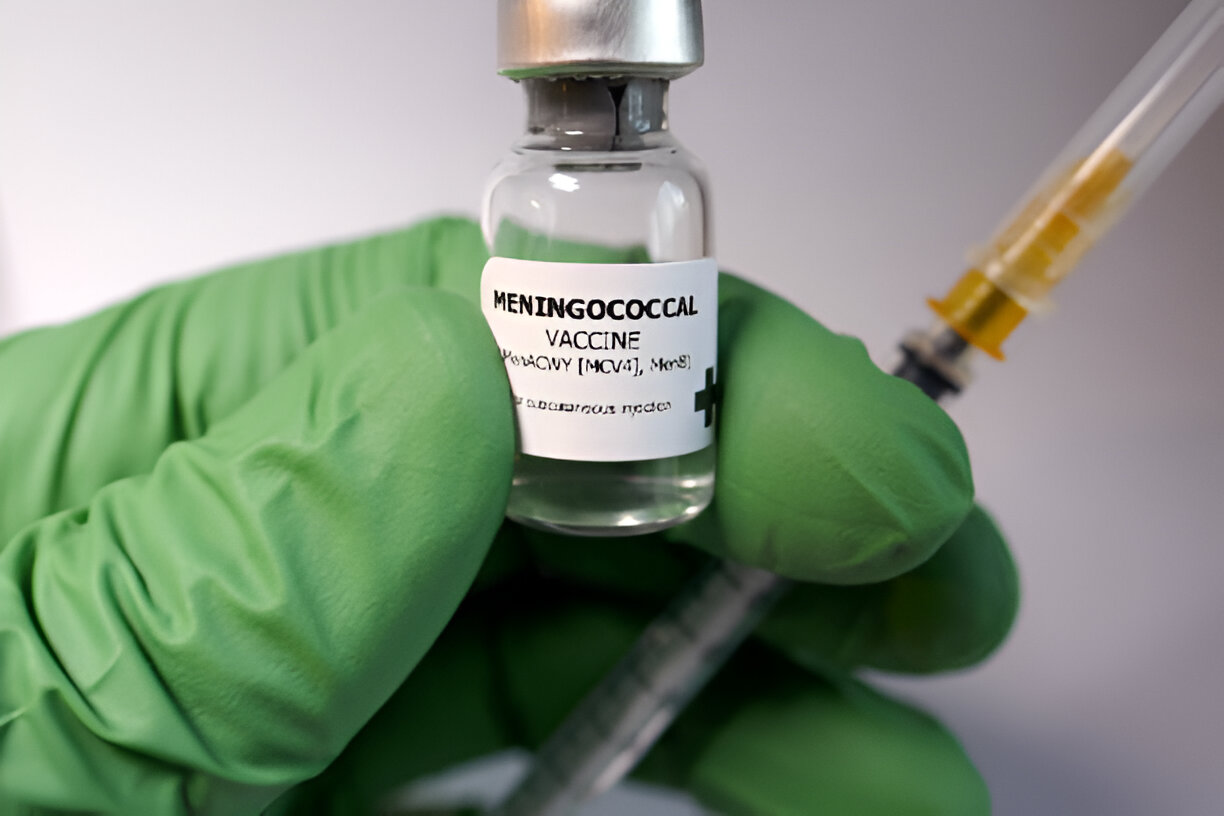
Meningitis Vaccine
The Meningitis vaccine protects against serious bacterial infections that cause inflammation of the brain and spinal cord linings. It is especially important for adolescents, college students, and people with certain medical conditions or weakened immune systems.
Who Needs the Meningitis Vaccine?
- Preteens and teens (first dose at 11–12 years, booster at 16).
- First-year college students living in dormitories.
- People with specific health conditions like a damaged spleen or HIV.
- Military recruits and travelers to countries with high meningitis risk.
- Anyone during a community outbreak or as recommended by a doctor.
Not sure about your vaccine history? Speak to a doctor to stay protected.

Shingles Vaccine
The Shingles vaccine helps protect against shingles (herpes zoster), a painful skin rash caused by the reactivation of the chickenpox virus. It also reduces the risk of long-term nerve pain, known as postherpetic neuralgia.
Who Needs the Shingles Vaccine?
- Adults aged 50 and older, even if they've had shingles before.
- People with weakened immune systems due to disease or medication.
- Anyone who had chickenpox as a child (most adults).
- Those seeking to prevent shingles-related nerve pain and complications.
- Talk to your doctor if you're unsure about your eligibility.
Not sure about your vaccine history? Speak to a doctor to stay protected.
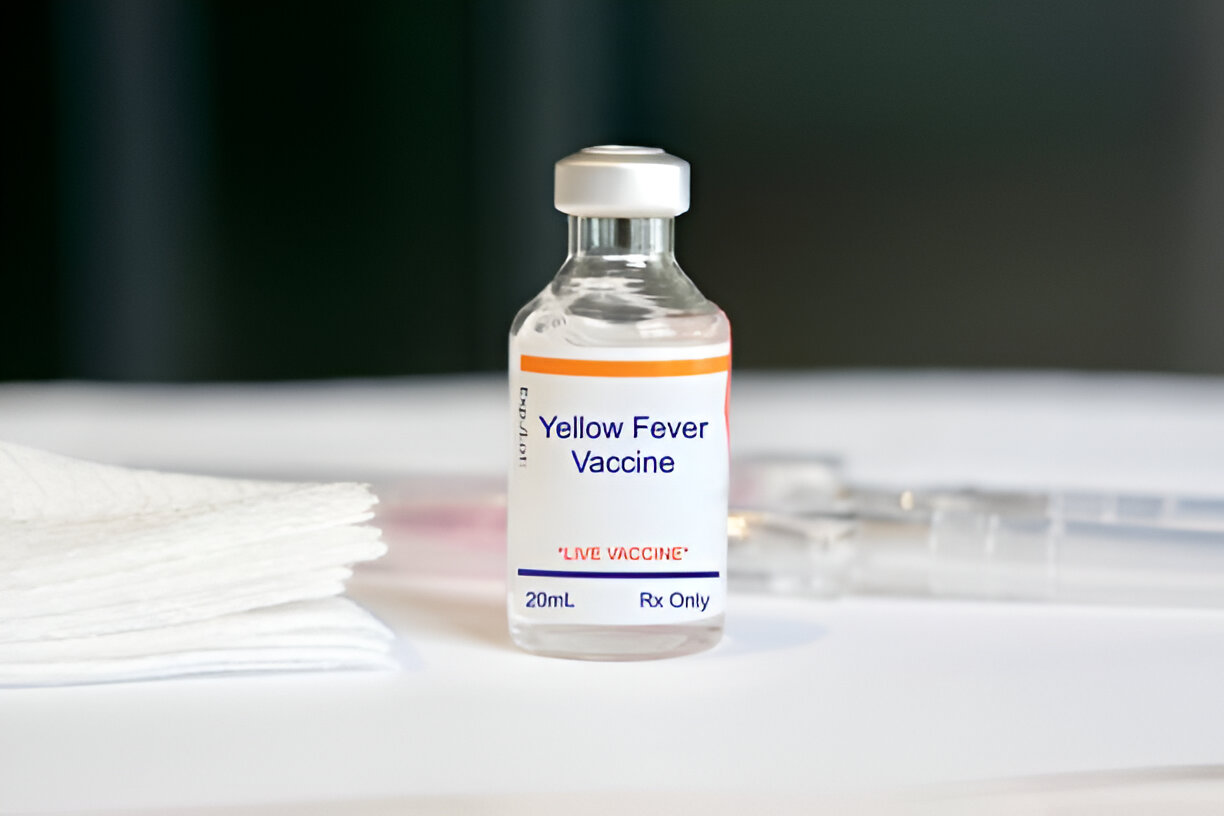
Yellow Fever Vaccine
The Yellow Fever vaccine protects against a serious viral disease transmitted by mosquitoes in certain parts of Africa and South America. It is required for travel to some countries and provides long-term, often lifelong, protection.
Who Needs the Yellow Fever Vaccine?
- Travelers to areas with risk of yellow fever virus transmission.
- People living in or moving to affected regions in Africa or South America.
- Individuals working in labs with yellow fever virus exposure.
- Required for entry into certain countries (check travel regulations).
- Typically recommended for people aged 9 months to 60 years.
Not sure about your vaccine history? Speak to a doctor to stay protected.

COVID-19 Vaccine
The COVID-19 vaccine helps protect against the coronavirus, reducing the risk of severe illness, hospitalization, and death. It is recommended for everyone, including children, teens, adults, and older individuals.
Who Needs the COVID-19 Vaccine?
- All individuals aged 6 months and older.
- Adults aged 50+ or with underlying health conditions.
- Healthcare and frontline workers.
- People in crowded settings or those traveling internationally.
- Those eligible for booster doses based on health guidelines.
Not sure about your vaccine or booster status? Speak to a doctor to stay protected.


